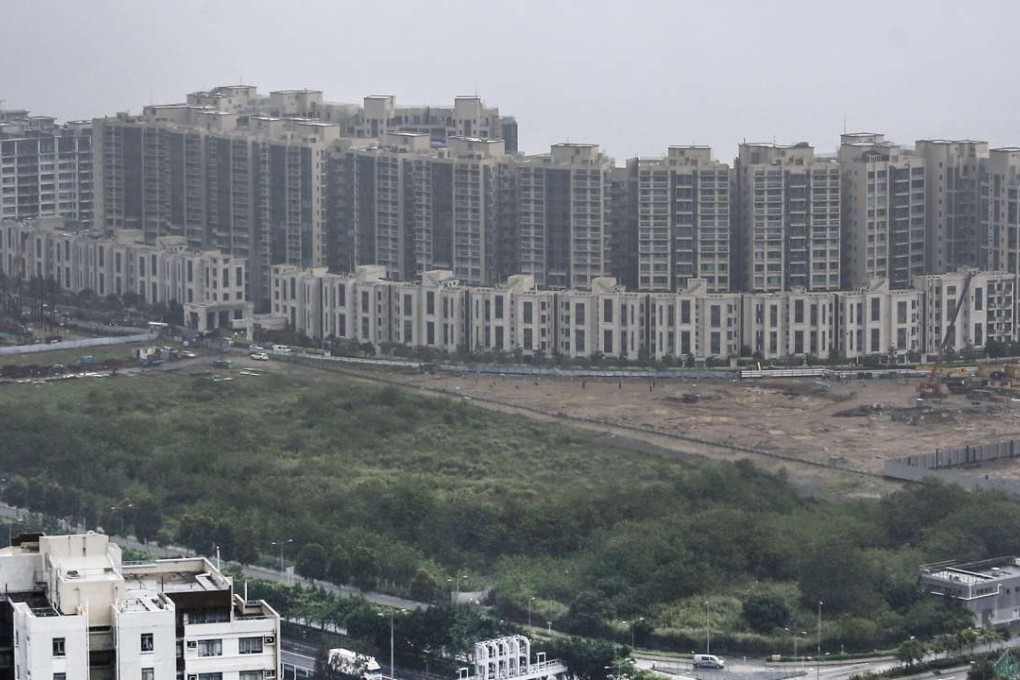Hong Kong land prices losing their sheen
As market correction in city deepens, major mainland peers like Shanghai are fast closing gap with aggressive bidding by developers

Residential land prices in Hong Kong have fallen below the levels for some sites in mainland China, indicating the city’s property correction is deepening and the price gap with major cities like Shanghai is narrowing.
On Wednesday, a residential site in Zhoupu, a suburban area in the Pudong district of Shanghai, was sold for a higher-than-expected 5.45 billion yuan to Poly Real Estate. The price equates to 43,670 yuan per square metre, or 4,057 yuan per square foot.
The sale came a day after a large residential site in Pak Shek Kok, Tai Po, near Science Park sold for HK$3,620 per square foot, about 25 per cent cheaper than the Zhoupu site. It was also lower than the record 42,561 yuan per square metre, or 3,954 yuan per square foot, paid for a residential site in Hexi, in southwest Nanjian, in January.
Although home prices in Shanghai still lag those in Hong Kong, it is fast catching up
The price for the Zhoupu site is also higher than what was paid for most of the government sites sold in Tai Po, Tuen Mun, Sham Shui Po and Sha Tin since last year.